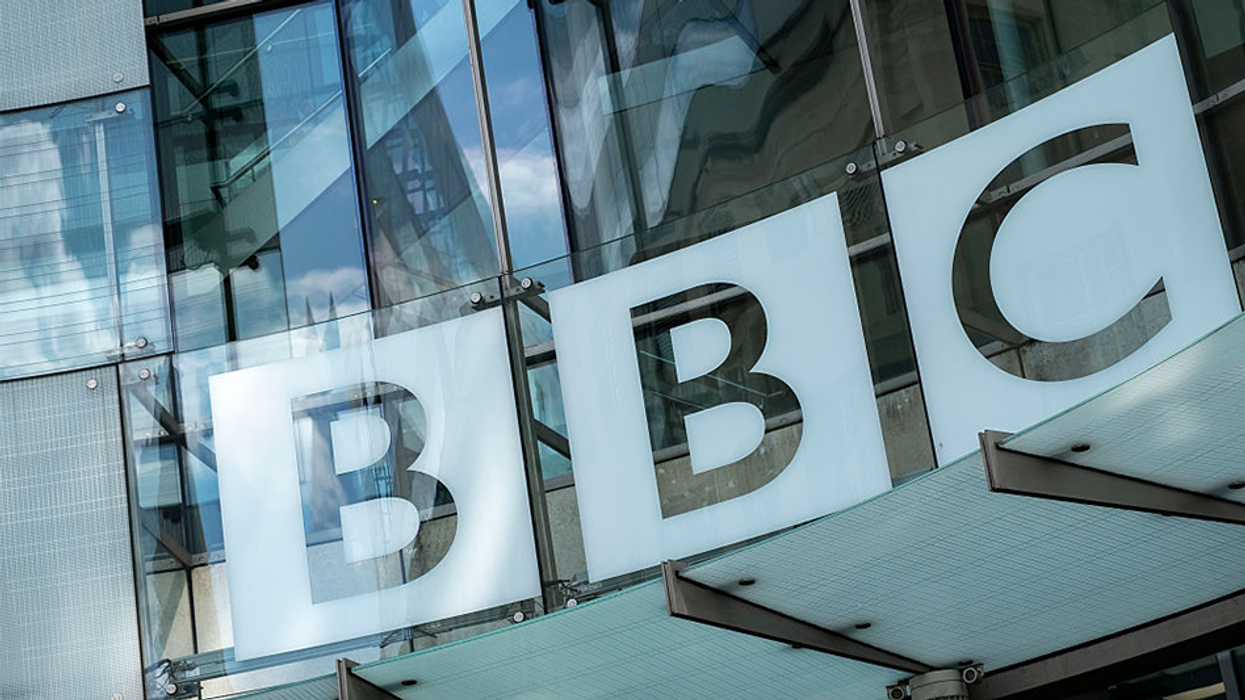
© 2025 Blaze Media LLC. All rights reserved.
Market Recap: Stocks Get Crushed on Dismal EU News, Dow Experiences Triple-Digit Losses
July 23, 2012
Markets closed down today:
▼ Dow: -0.79 percent▼ Nasdaq: -1.20 percent
▼ S&P: -0.89 percent
Precious metals:
▼ Gold: up -0.42 percent to $1,575.50 an ounce▼ Silver: up -1.02 percent to settle at $27.01
Commodities:
▼ Oil: -3.51 percent
Market closed down because:
Fear that Spain may need a bailout sent its borrowing costs soaring, the euro to a two-year low against the dollar and stocks around the world tumbling as investors pulled back Monday from all manner of risk.
The Dow Jones industrial average, after falling 239 points earlier in the day, ended down 101.11 at 12,721.46. Yields for U.S. government bonds sank to record lows as traders sought the safety of American debt.
Borrowing costs rose sharply for Spain and Italy after news that the Spanish economy contracted by 0.4 percent in the second quarter. Falling economic output makes it more difficult for Spain to deal with its debts.
The Standard & Poor's 500 index fell 12.14 points to 1,350.52. The Nasdaq composite index dropped 35.15 points to 2,890.15.
The selling was widespread. All 10 industry groups within the S&P 500 were down, with materials and health care companies off more than 1 percent. Including Friday's drop, the Dow is down 222 points, the biggest back-to-back drop in more than a month.
In addition to Spain, investors are worried that Greece might get cut off from emergency loans it needs to avoid default. On Tuesday, inspectors from its international creditors arrive in the country to check on its progress in cutting its budget and in meeting other conditions it had agreed to in exchange for aid.
The Greek government has repeatedly failed to hit targets required for the two bailouts it has received so far.
Adding to the jitters, a Chinese central bank adviser forecast that China's economic growth could slow from its second-quarter rate of 7.6 percent, which was already the slowest in three years.
Investors had hoped that the world's second-largest economy would compensate for slowdowns in the U.S. and Europe but now aren't so sure.
In Spain, the yield on the benchmark 10-year government bond rose to 7.43 percent, the highest since the euro was launched in 1999 and a level considered unsustainable for more than a few months. The fear was registered in other trading, too. The cost for investors to take out insurance on Spanish government debt soared to a record high Monday.
The message: After Spanish banks had to seek money from international creditors to stay afloat, now maybe the Spanish government needs help.
The prospect of bailing out Madrid is worrisome for Europe because the potential cost far exceeds what's available in existing emergency funds.
The fear ratcheted up over the weekend when a southern region of Spain announced that it might need a financial lifeline from Madrid to make ends meet. That followed news last week that an eastern region of the country had asked for help.
In a move that recalled the global financial crisis four years ago, Spain's market regulator on Monday said it was temporarily banning short selling of shares on its stock indexes. In a short sale, an investor seeks a profit by betting that the price of a certain stock will fall.
The euro slipped just below $1.21 against the dollar, its lowest since June 2010.
The Associated Press contributed to this report.
Want to leave a tip?
We answer to you. Help keep our content free of advertisers and big tech censorship by leaving a tip today.
Want to join the conversation?
Already a subscriber?
more stories
Sign up for the Blaze newsletter
By signing up, you agree to our Privacy Policy and Terms of Use, and agree to receive content that may sometimes include advertisements. You may opt out at any time.
Related Content
© 2025 Blaze Media LLC. All rights reserved.
Get the stories that matter most delivered directly to your inbox.
By signing up, you agree to our Privacy Policy and Terms of Use, and agree to receive content that may sometimes include advertisements. You may opt out at any time.





